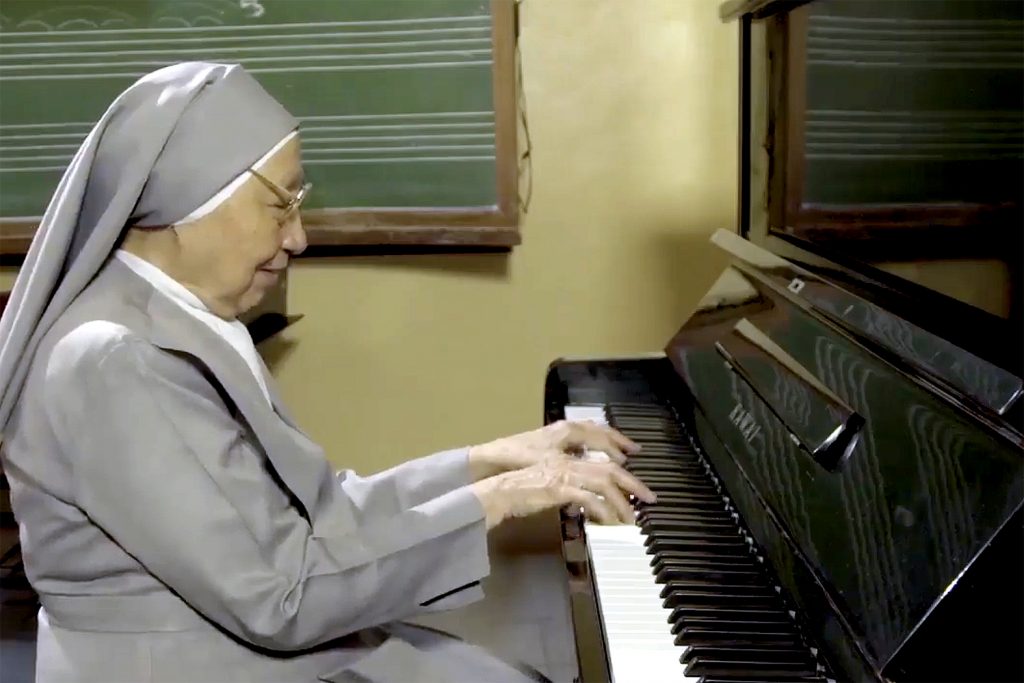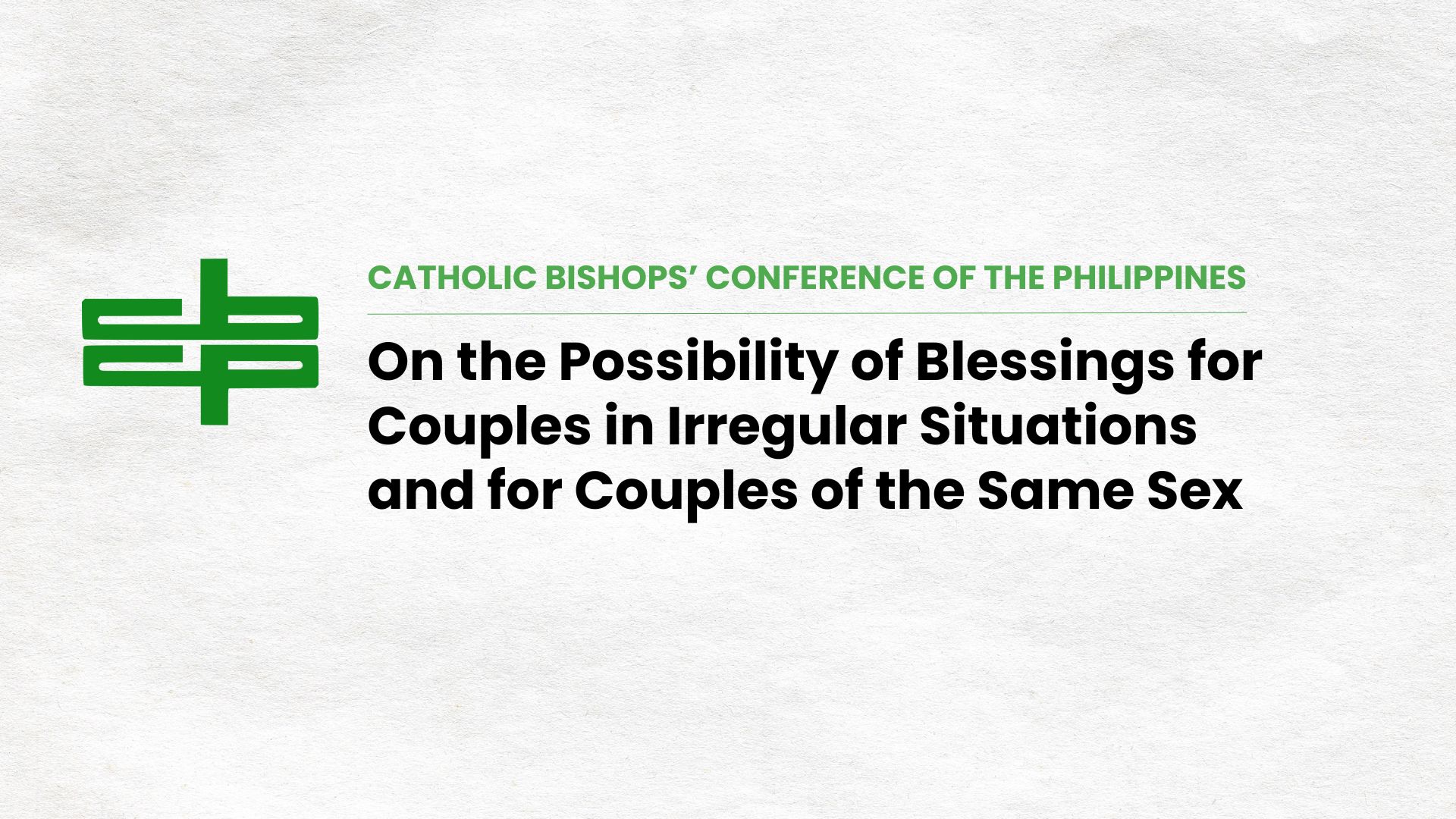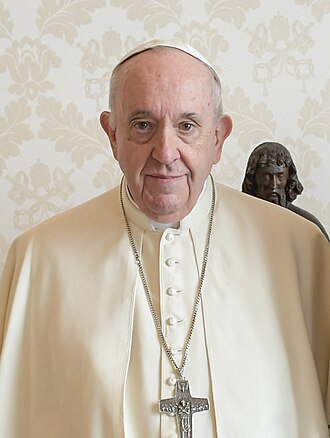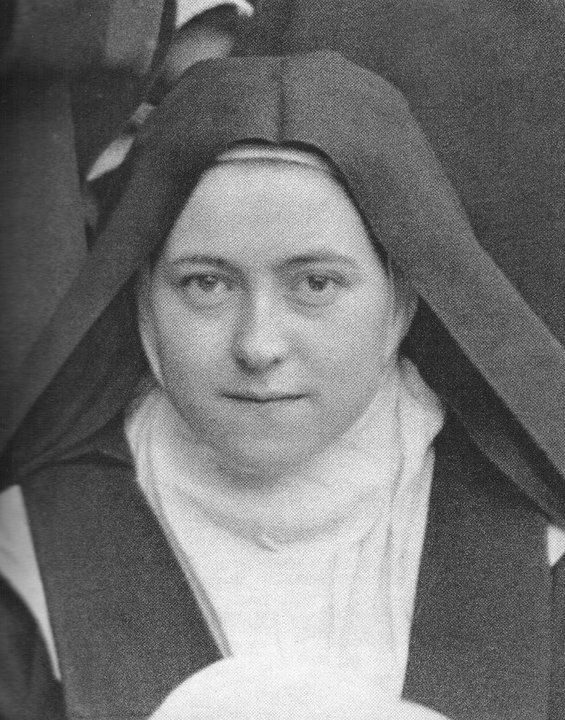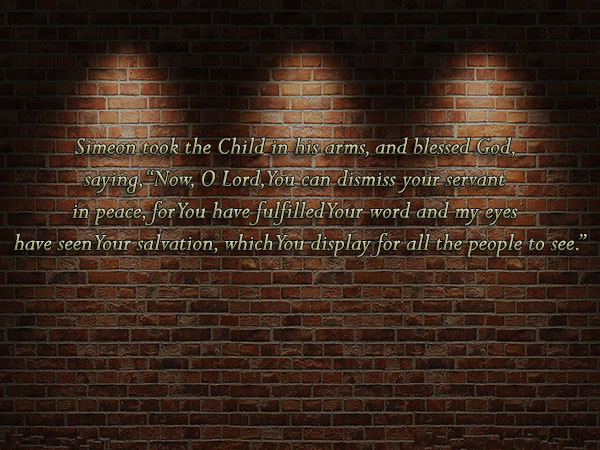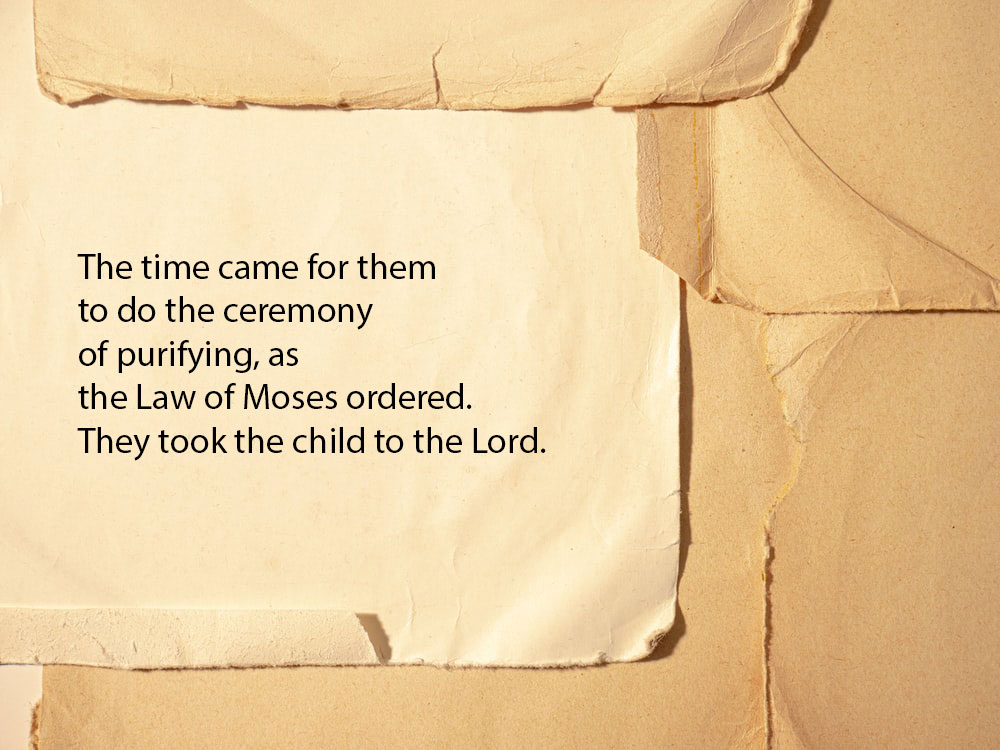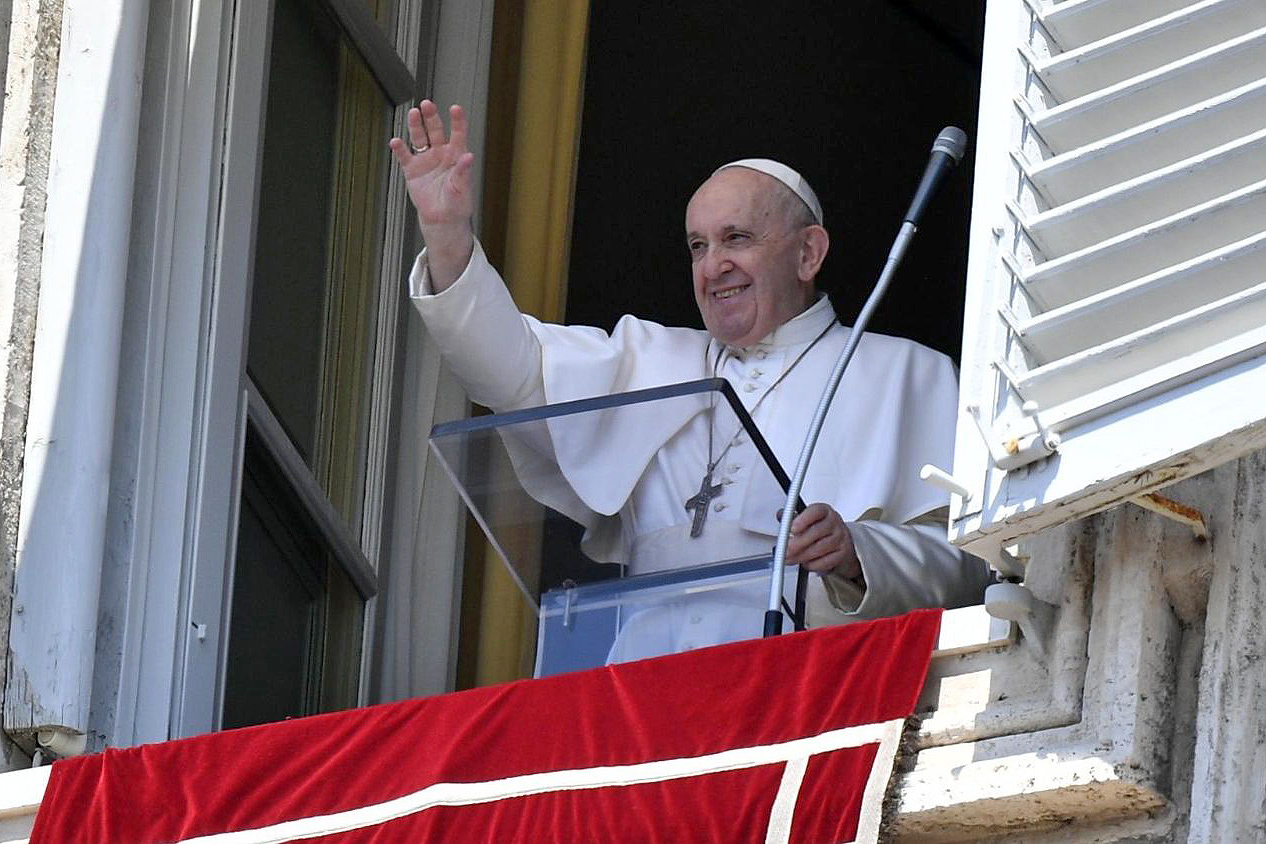
By Hannah Brockhaus
Catholic News Agency
August 9, 2020
VATICAN— When caught in difficult moments or trials, turn your heart to God, who is near even when you do not search for him, Pope Francis said in his Angelus address Sunday.
“Having faith means, in the midst of the storm, keeping your heart turned to God, to his love, to his tenderness as a Father. Jesus wanted to teach this to Peter and his disciples, and also to us today, in moments of darkness, moments of storms,” the pope said Aug. 9.
Speaking from a window overlooking St. Peter’s Square, he said “even before we begin to seek Him, He is present beside us lifting us back up after our falls, He helps us grow in faith.”
“Perhaps we, in the dark, cry out: ‘Lord! Lord!’ thinking that he is far away. And He says: ‘I’m here!’ Ah, he was with me!” Pope Francis continued.
“God knows well that our faith is poor and that our path can be troubled, blocked by adverse forces. But He is the Risen One, do not forget this, the Lord who went through death to bring us to safety.”
In his message before the Angelus, the pope reflected on the Gospel reading from St. Matthew, when Jesus asks the apostles to get in a boat and cross to the other shore of the lake, where he will meet them.
While still far from shore, the disciples’ boat gets caught in some wind and waves.
“The boat at the mercy of the storm is an image of the Church, which in every age encounters headwinds, sometimes very hard trials,” Francis noted.
“In those situations, [the Church] may be tempted to think that God has abandoned her. But in reality, it is precisely in those moments that the witness of faith, the testimony of love and the testimony of hope shines the most,” he said.
He pointed to the Gospel: In this moment of fear, the disciples see Jesus walking to them on the water and think it is a ghost. But he reassures them and Peter challenges Jesus to tell him to come out onto the water to meet him. Jesus invites Peter to “come!”
“Peter gets off the boat and takes a few steps; then the wind and the waves frighten him and he begins to sink. ‘Lord, save me!’ he cries, and Jesus takes him by the hand and says to him: ‘You of little faith, why did you doubt?’” Francis recounted.
This episode “is an invitation to abandon ourselves with trust to God in every moment of our life, especially in the hour of trial and turmoil,” he said.
“When we feel strong doubt and fear and we seem to sink, in the difficult moments of life, where everything becomes dark, we must not be ashamed to cry out, like Peter: ‘Lord, save me!’”
“It is a beautiful prayer!” he noted.
“And the gesture of Jesus, who immediately reaches out his hand and grasps that of his friend, must be contemplated for a long time: Jesus is this, Jesus does this, it is the hand of the Father who never abandons us; the strong and faithful hand of the Father, who always and only wants our good,” he said.
After praying the Angelus in Latin, Pope Francis noted the presence of a group of pilgrims holding the Lebanese flag in St. Peter’s Square and said his thoughts have been with the country since the deadly explosion in Beirut Aug. 4.
“The catastrophe of last Tuesday calls everyone, starting with the Lebanese, to collaborate for the common good of this beloved country,” he said.
“Lebanon has a peculiar identity, the result of the meeting of various cultures, which has emerged over time as a model of living together,” he noted. “Of course, this coexistence is now very fragile, we know, but I pray that, with the help of God and the loyal participation of all, it may be reborn free and strong.”
Francis invited the Church in Lebanon to be close to her people during this “Calvary,” and asked the international community to be generous in helping the country.
“And please, I ask the bishops, priests and religious of Lebanon to stay close to the people and to live a lifestyle marked by evangelical poverty, without luxury, because your people suffer, and suffer so much,” he concluded.
The pope also noted the 75th anniversary of the atomic bomb attacks on Hiroshima and Nagasaki, which took place on Aug. 6 and 9, 1945.
“While I remember with emotion and gratitude the visit I made to those places last year, I renew my invitation to pray and to commit ourselves to a world totally free from nuclear weapons,” he said.


